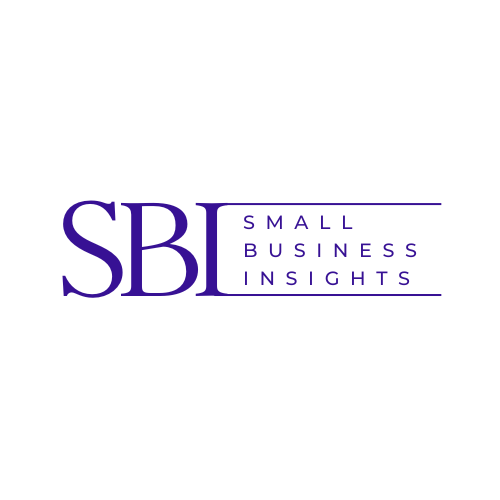Prepare Your Small Business for the Post-Pandemic Environment

Most areas of the US are already back to business as usual. Fewer employees are working remotely, and most restrictions have been lifted. However, the public health emergency doesn’t officially end until May 11, 2023.
The COVID-19 pandemic has altered the way of life around the globe for three years. Small businesses have had to adapt or die, and many have become casualties.
Now that the pandemic is almost over, The Departments of Treasury, Labor, and Health and Human Services have prepared FAQs to guide businesses operating in the post-pandemic environment.
Remote Work Requirements
Once upon a time, there were government-mandated shutdowns. And unless your business was considered “essential,” you and your employees were required to work remotely. The shutdown mandates have long since ended, and the public health emergency’s end will not affect your business’s current work arrangements. But some companies still allow employees to work from home.
What is the impact on your small business? Employers are becoming more creative with work schedules when situations allow. Hybrid schedules are popular, where employees spend a few days of the week in the office and the rest work remotely. Flexible work hours are also popular where the traditional 9 to 5 isn’t necessary. What work schedule will work best for your small business and your employees?
Health Insurance
COVID-19 vaccines are still available. However, the requirement for insurance plans to cover the cost of the vaccine out of network ends on May 11th. The requirement for group insurance plans to cover COVID-19 costs, such as over-the-counter testing and diagnostic tests, has already lapsed. But group insurance plans can still elect to continue covering these costs.
During the difficulty created by the pandemic, insurance plans offered additional flexibility when making certain elections. The deadline for these elections is scheduled to expire 60 days after the public health emergency officially ends. By July 10, 2023, the elections for special enrollment in a group healthcare plan and the extension for choosing COBRA enrollment or paying premiums will end. The extension for submitting healthcare claims and appeals will end by the July 10th deadline.
What is the impact on your small business? If your small business offers a group healthcare plan, decide which pandemic options you wish to keep in place. Continuing some pandemic benefits may give you a slight advantage when keeping employees happy or recruiting new hires.
Retirement Plan Distributions
As the end of the public health emergency approaches, there isn’t any direct impact on employer-offered qualified retirement plans. However, some employees may have taken early distributions in 2020. Any early distributions taken in 2020 must be re-contributed within three years.
What is the impact on your employees? Review the dates distributions were taken and ensure any re-contributions are made timely. If funds are contributed past the end of the three-year time frame, they will be considered excess contributions. Likely, the plan will not accept any funds over the excess contribution limit.

“Every exit is the entrance to someplace else.” – Patti LaBelle
Hopefully, COVID-19 is in the rearview mirror for us all.
The pandemic was a stressful period no one wants to experience again. But a valuable lesson was learned by many small business owners. In order to survive, always be willing to change and adapt.
